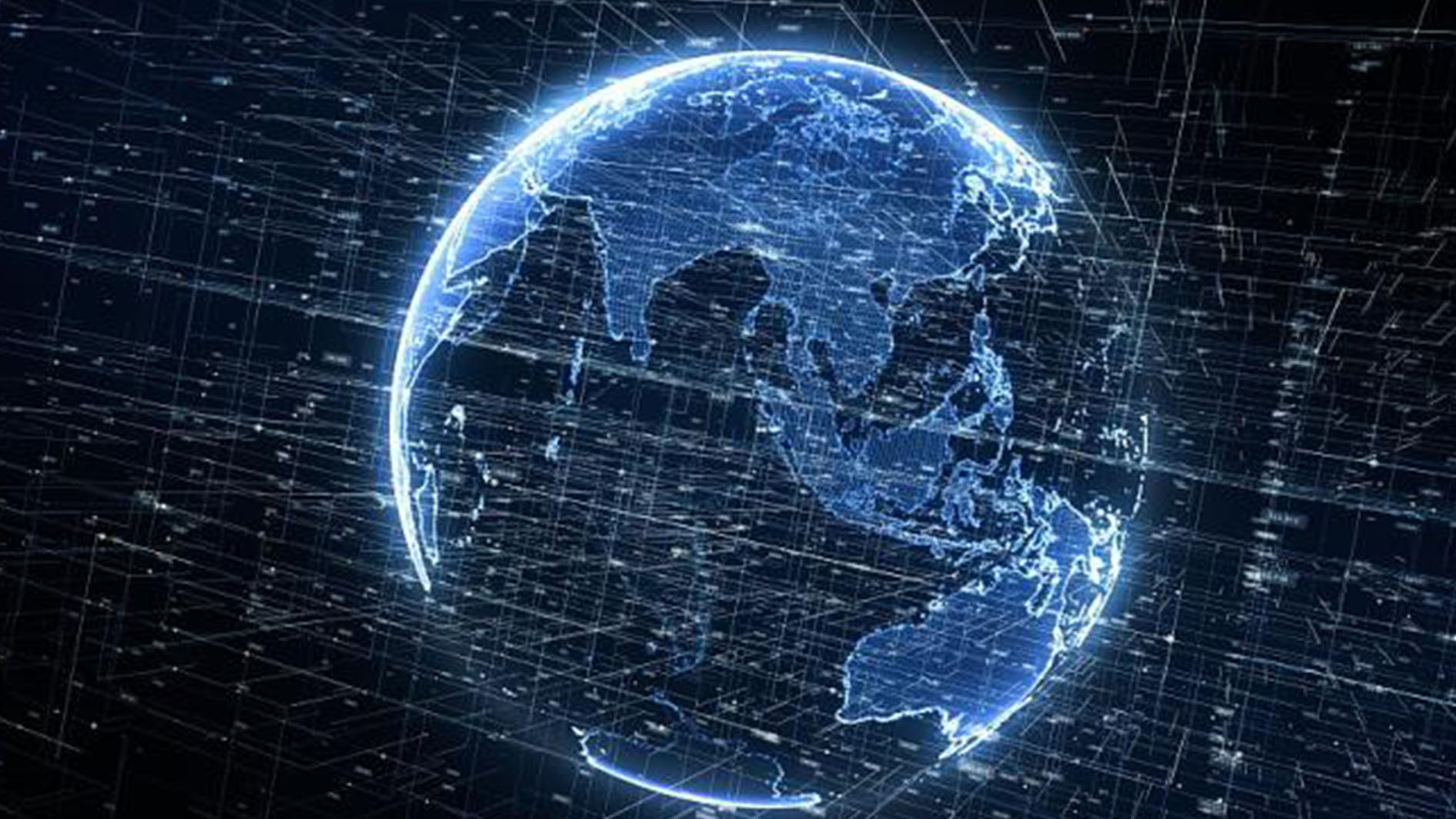
Opinion
18:48, 22-Jan-2019
Opinion: Are we ready for Globalization 4.0?
Wang Huiyao
04:36

The annual meeting of the World Economic Forum (WEF) is taking place from January 22 to 25 in Davos, Switzerland. The theme this year is "Globalization 4.0: Shaping a Global Architecture in the Age of the Fourth Industrial Revolution."
But what exactly is Globalization 4.0? Have we already entered this new phase? What challenges are we facing in this new era? Wang Huiyao, founder and president of the Center for China and Globalization, shares his views with CGTN.
CGTN: Has globalization 4.0 begun?
Wang: I think we have already entered the stage of globalization 4.0.
Globalization 1.0 is where the expeditions and explorations happened in the 18th century. And in the 19th century, we see the independence of different states, wars and the rising of multinationals.
Globalization 3.0 is more related to World War II, and we see the emerging of some global governance structures like the UN, WTO, World Bank, IMF. All these international organizations actually impact the dynamic of Globalization 3.0.
The Globalization 4.0 is based on Globalization 1.0, 2.0 and 3.0. Globalization is getting to a new phase because a lot of things are happening, like the Internet revolution which has been lasting for two decades, the Internet of Things (IoT), artificial intelligence (AI), the automation and the connectivity of the mankind.
CGTN: Klaus Schwab (founder and executive chairman of WEF) said that Globalization 4.0 has only just begun, but we are already vastly underprepared for it. Do you agree?
Wang: I think that Dr. Schwab is correct because we are getting into Globalization 4.0, but it's not that exactly well-defined, as there are still a lot of things happening. For example, what are the impacts of artificial intelligence on the labor market? What are the new forms of global governance of regulations on multinational movement and tax havens? How can developing countries and developed countries work together in international institutions like the WTO? How is TPP, and the recently concluded CPTPP, going to impact global trade? Problems related to cyber-security, connectivity of outer space […]
There are so many things going on that haven't been fully explored, researched and studied.
CGTN: What obstacles lie ahead, and how can we tackle them?
Wang: Firstly, I think the pace of Globalization 4.0 is faster than the management system of 4.0.
Globalization has already reached 4.0 and the companies and multinationals operate worldwide but the managing system is not catching up. We still rely heavily on the state and old organizations of 3.0, like the WTO and World Bank. All those organizations need to be innovated and reformed.
Secondly, I think that we need to find better ways to compensate the people who probably lost in the 2.0, 3.0 era and particularly in the upcoming 4.0. I think we should have a well-designed system.
We should encourage them more and design systems so that they are not left out.
And also it is important to have all the countries working together. I think there's a huge potential to be tapped among countries. As long as humankind can generate more wealth and distribute it fairly, more people will benefit from it.
We should try to avoid the risk of another financial crisis and trade war. We should really avoid escalating disagreements among countries. We should not adopt tariffs. We should promote free trade and investment in globalization. We should not start wars but encourage the flow of goods, people and capital. In this way, globalization can be fully supported and taken advantage of.
(If you want to contribute and have specific expertise, please contact us at opinions@cgtn.com)

SITEMAP
Copyright © 2018 CGTN. Beijing ICP prepared NO.16065310-3
Copyright © 2018 CGTN. Beijing ICP prepared NO.16065310-3